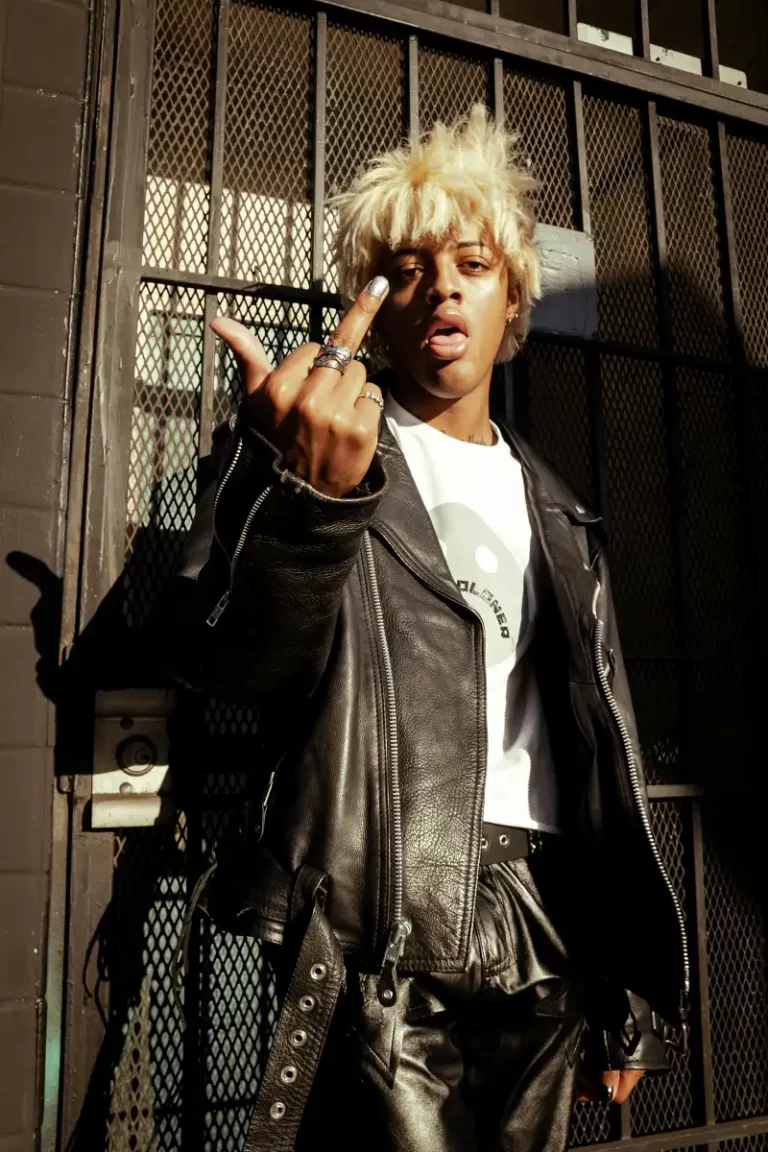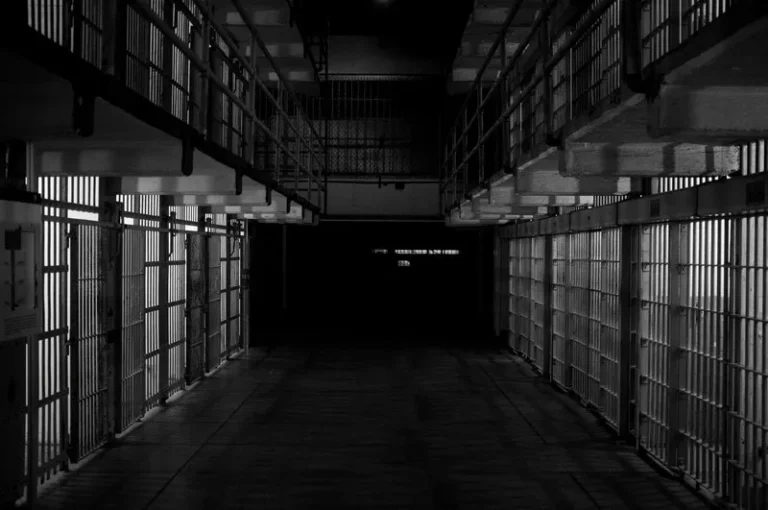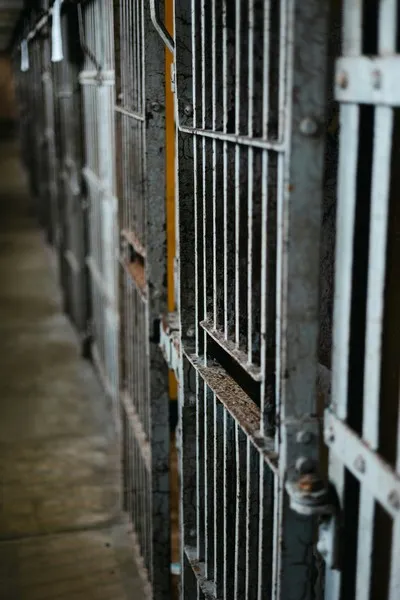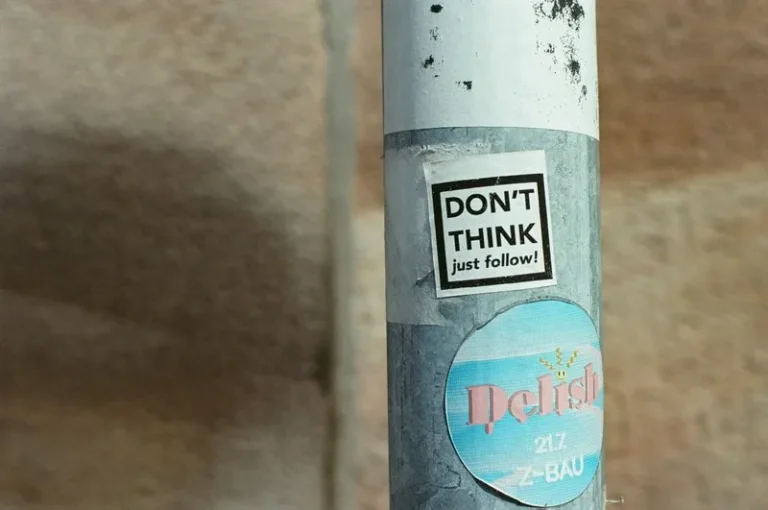Political corruption is a complex phenomenon with significant implications for societies. This blog post explores the forms, causes, and consequences of political corruption, as well as strategies to combat it. Learn about bribery, embezzlement, nepotism, and abuse of power as forms of corruption. Discover the causes of corruption, such as lack of transparency, inequality, weak rule of law, and cultural norms. Understand the consequences of corruption, including erosion of trust, impaired economic development, social injustice, and undermining democracy. Find out how to combat political corruption through transparency, ethical leadership, empowering civil society, and building strong institutions.









